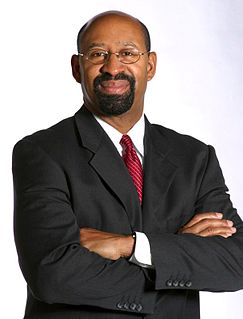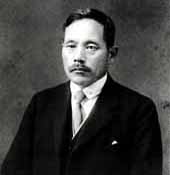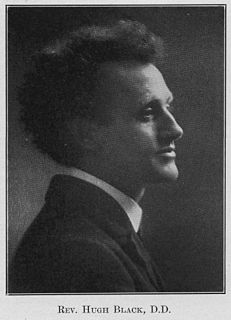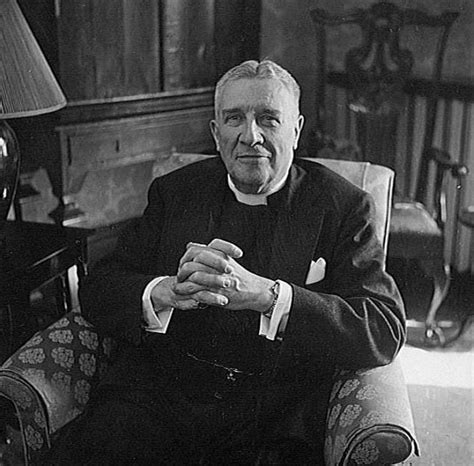A Quote by John Locke
The necessity of pursuing true happiness is the foundation of all liberty- Happiness, in its full extent, is the utmost pleasure we are capable of.
Related Quotes
If there ever was a pursuit which stultified itself by its very conditions, it is the pursuit of pleasure as the all-sufficing end of life. Happiness cannot come to any man capable of enjoying true happiness unless it comes as the sequel to duty well and honestly done. To do that duty you need to have more than one trait. From the greatest to the smallest, happiness and usefulness are largely found in the same soul, and the joy of life is won in its deepest and truest sense only by those who have not shirked life's burdens.
Lenten practices of giving up pleasures are good reminders that the purpose of life is not pleasure. The purpose of life is to attain to perfect life, all truth and undying ecstatic love - which is the definition of God. In pursuing that goal we find happiness. Pleasure is not the purpose of anything; pleasure is a by-product resulting from doing something that is good. One of the best ways to get happiness and pleasure out of life is to ask ourselves, 'How can I please God?' and, 'Why am I not better?' It is the pleasure-seeker who is bored, for all pleasures diminish with repetition.
Joy is not the same as pleasure or happiness. A wicked and evil man may have pleasure, while any ordinary mortal is capable of being happy. Pleasure generally comes from things, and always through the senses; happiness comes from humans through fellowship. Joy comes from loving God and neighbor. Pleasure is quick and violent, like a flash of lightning. Joy is steady and abiding, like a fixed star. Pleasure depends on external circumstances, such as money, food, travel, etc. Joy is independent of them, for it comes from a good conscience and love of God.
I think we all mistake certain things for happiness. I think we mistake comfort for happiness and we mistake pleasure for happiness, and entertainment for happiness, when really these are just things we use as proxies for our happiness. We use them to cheer us up or try and achieve brief happiness, when really happiness is something much more profound and long lasting and exists within us.
It is the paradox of life that the way to miss pleasure is to seek it first. The very first condition of lasting happiness is that a life should be full of purpose, aiming at something outside self. As a matter of experience, we find that true happiness comes in seeking other things, in the manifold activities of life, in the healthful outgoing of all human powers.
The belief that happiness has to be deserved has led to centuries of pain, guilt, and deception. So firmly have we clung to this single, illusory belief that we've almost forgotten the real truth about happiness. So busy are we trying to deserve happiness that we no longer have much time for ideas such as: Happiness is natural, happiness is a birthright, happiness is free, happiness is a choice, happiness is within, and happiness is being. The moment you believe that happiness has to be deserved, you must toil forevermore.
When I look at what the world does and where people nowadays believe they can find happiness, I am not sure that that is true happiness. The happiness of these ordinary people seems to consist in slavishly imitating the majority, as if this were their only choice. And yet they all believe they are happy. I cannot decide whether that is happiness or not. Is there such a thing as happiness?
There is a plain distinction to be made betwixt pleasure and happiness. For tho' there can be no happiness without pleasure--yet the converse of the proposition will not hold true.--We are so made, that from the common gratifications of our appetites, and the impressions of a thousand objects, we snatch the one, like a transient gleam, without being suffered to taste the other.








































